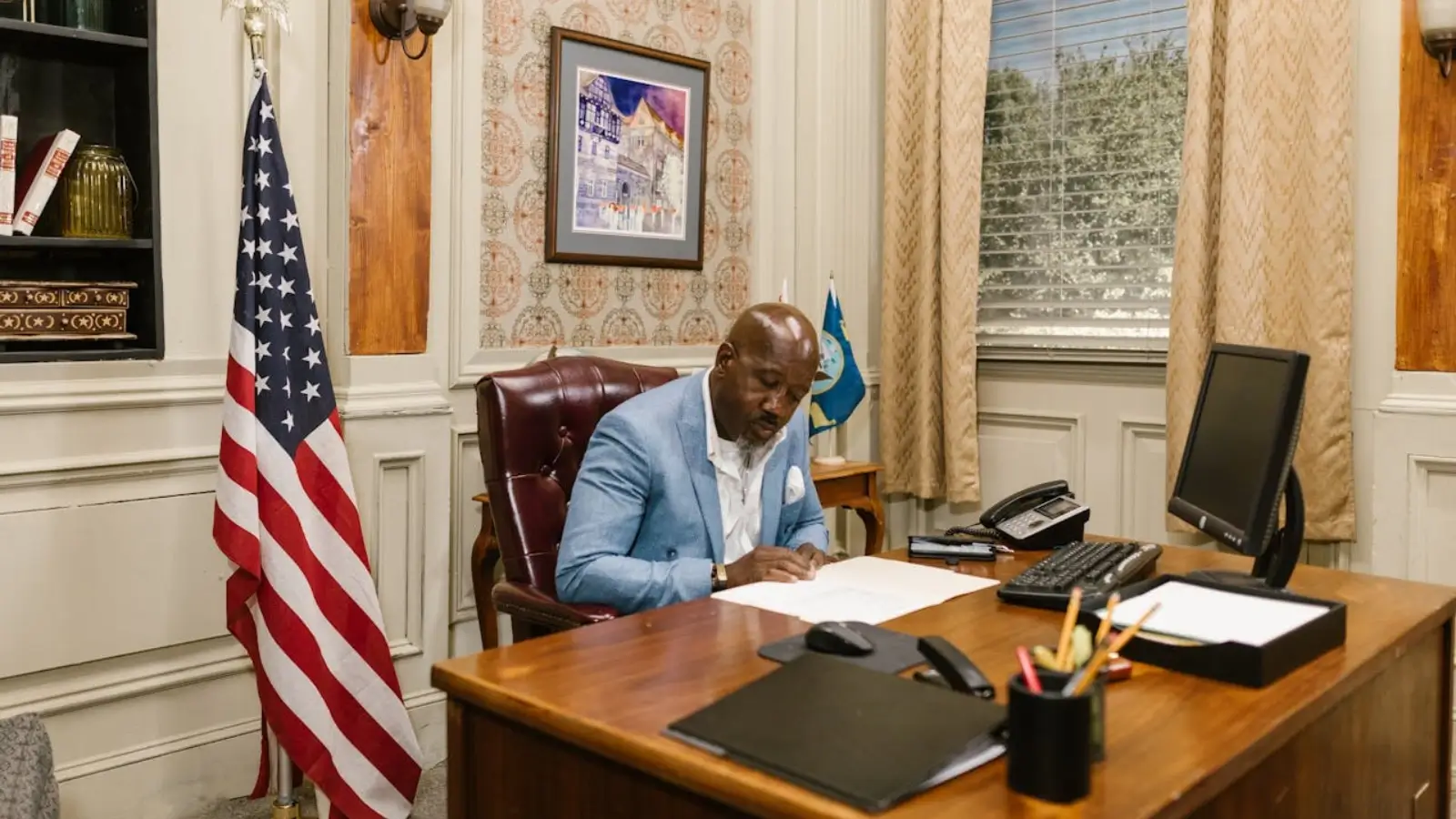The EB-1A immigrant visa, often dubbed the "genius visa," is one of the most prestigious and misunderstood paths to U.S. permanent residency. While it rewards individuals with extraordinary ability, the truth is, you don’t need to be a Nobel Prize winner or household name to qualify. But you do need a strategy, strong documentation, and ideally, the support of an experienced immigration attorney.
In this guide, we’ll break down the real EB-1A visa requirements, clarify what USCIS is actually looking for, and explain why having a lawyer can significantly increase your chances of approval.
What Is the EB-1A Visa?
The EB-1A visa is part of the first preference category of employment-based immigration. It’s designed for individuals with "extraordinary ability" in their field. This could include work in:
-
Sciences
-
Arts
-
Education
-
Business
-
Athletics
What sets EB-1A apart from other employment-based green cards is that it doesn’t require a job offer or employer sponsorship. You can self-petition, which offers flexibility—but also puts the burden of proof squarely on your shoulders.
Do You Have to Be a Genius?
No. You do not have to be a genius or globally famous. The EB-1A standard is high, but attainable. The term "extraordinary ability" refers to a level of expertise that places you among the small percentage of people who have risen to the very top of your field.
USCIS outlines two paths to meeting this standard:
1. Major, internationally recognized award
Examples: Nobel Prize, Pulitzer, Olympic Medal
OR
2. Meet at least 3 out of 10 USCIS criteria:
-
Lesser nationally or internationally recognized prizes or awards
-
Membership in associations that demand outstanding achievement
-
Published material about you in professional or major media
-
Evidence that you have judged the work of others in your field
-
Original contributions of major significance
-
Authorship of scholarly articles
-
Artistic exhibitions or showcases
-
Performance in a leading role for distinguished organizations
-
High salary in relation to others in the field
-
Commercial success in the performing arts
Meeting three criteria is not enough on its own. USCIS also considers whether your accomplishments demonstrate sustained national or international acclaim.
Common Misconceptions About EB-1A
Myth 1: You must be famous
Many applicants are respected in their fields but unknown to the general public. Visibility within your industry matters more than fame.
Myth 2: Only scientists qualify
Not true. Artists, entrepreneurs, athletes, researchers, and educators all qualify. The EB-1A is broad.
Myth 3: You need awards
While awards help, they aren’t required. If you can show original contributions, leadership, or press coverage, you may still qualify.
Why EB-1A Petitions Are Denied
Even well-qualified applicants are sometimes denied. Common reasons include:
-
Weak documentation: The burden of proof lies with the applicant.
-
Poorly written letters of recommendation: Generic or redundant letters won’t cut it.
-
Unclear narrative: USCIS wants a cohesive story showing how your work makes you one of the best in your field.
-
Misunderstanding the criteria: Failing to choose and support the right combination of evidence.
This is where an immigration lawyer comes in.
How an Immigration Attorney Can Help With an EB-1A Visa
1. Evaluating Your Eligibility
Not sure if you qualify? A skilled immigration attorney can review your background, help you identify strengths, and advise whether the EB-1A is the right path.
2. Building a Strategic Case
Your lawyer will help you choose the best evidence and criteria to present. For example, if you lack formal awards, your attorney may focus on original contributions and media coverage.
3. Crafting a Compelling Petition Letter
The petition letter (also called the cover letter or legal brief) is one of the most important parts of the EB-1A application. It should:
-
Clearly lay out the criteria you meet
-
Summarize supporting evidence
-
Frame your accomplishments in a way USCIS will understand
4. Preparing Letters of Recommendation
These letters should be personalized, specific, and written by authoritative voices in your field. Your attorney can guide your recommenders and ensure the letters reinforce the core arguments of your petition.
5. Avoiding Costly Mistakes
Immigration law is technical. Errors in forms, inconsistencies in evidence, or poorly explained achievements can lead to delays or denials.
6. Responding to RFEs (Requests for Evidence)
If USCIS issues an RFE, your lawyer can help craft a thorough and persuasive response that keeps your case on track.
What Kind of Clients Pursue the EB-1A Visa?
Some real-world examples include:
-
A data scientist with original research used by Fortune 500 companies
-
An artist with solo exhibits in major cities
-
A CEO of a startup recognized in industry publications
-
A medical researcher with peer-reviewed journal articles and patents
If your work has been recognized by others in your field and has had a significant impact, you may be a good candidate.
How Long Does the EB-1A Process Take?
Timelines vary, but here’s a rough breakdown:
-
Petition preparation: 2–3 months
-
USCIS adjudication: 6–9 months (or 15 days with premium processing)
-
Adjustment of status or consular processing: Timeline depends on visa availability and location
Final Thoughts
The EB-1A is a powerful visa option for talented individuals who want to live and work in the United States without needing employer sponsorship. But it’s also one of the most rigorously reviewed categories.
You don’t need to be a genius to get a genius visa. You just need to present your career achievements in a clear, compelling, and well-documented way. And that’s exactly where legal help makes all the difference.
To explore your eligibility and start building a strong case, visit The Alagiri Immigration Law Firm for more information and personalized support.

















